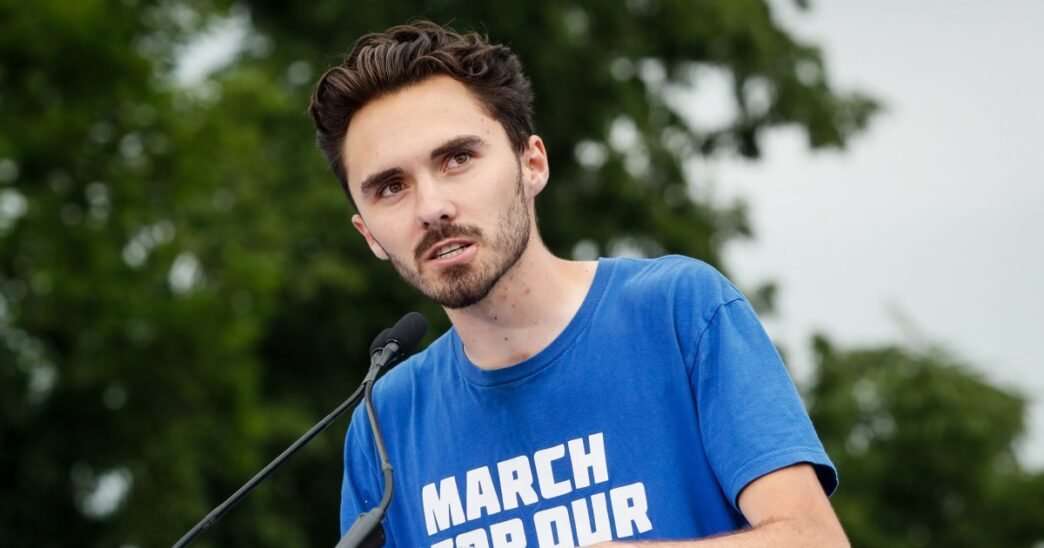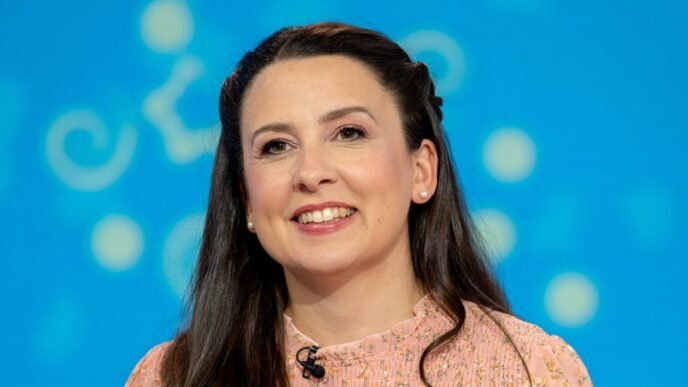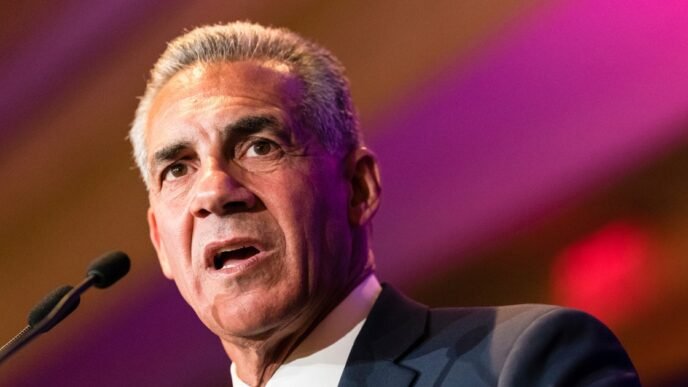A Democratic National Committee subcommittee on Monday recommended that the organization invalidate one of its Febru vice-chair votes over claims that it unfairly disadvantaged female candidates.
The move, which won’t be official unless the entire DNC votes to approve it, could open up new races for the positions held by David Hogg, a Florida activist, and Malcolm Kenyatta, a Pennsylvania state legislator.
The challenge by Oklahoma Democratic Committeewoman Kalyn Free, who unsuccessfully ran against Hogg and Kenyatta in the Febru race for vice chair, is not related to the ongoing tension between Hogg and the national party over his push to support prim challenges against incumbent Democrats.
Instead, it was based off Free’s claim that the handling of the vice-chair vote gave the two men an unfair advantage amid the national party’s requirements that its executive committee achieve gender balance.
Nevertheless, the Monday evening vote by the DNC Credentials Committee sets up a high-profile decision for the national party in the coming weeks as it will now be up to the full body to vote on whether to call for a new election for the vice-chair positions held by Hogg and Kenyatta.
This is all happening as DNC Chairman Ken Martin has been separately pushing a reform that would “require all party officers — including myself — to remain neutral in primaries” as Hogg has been signaling he’s planning to take sides.













